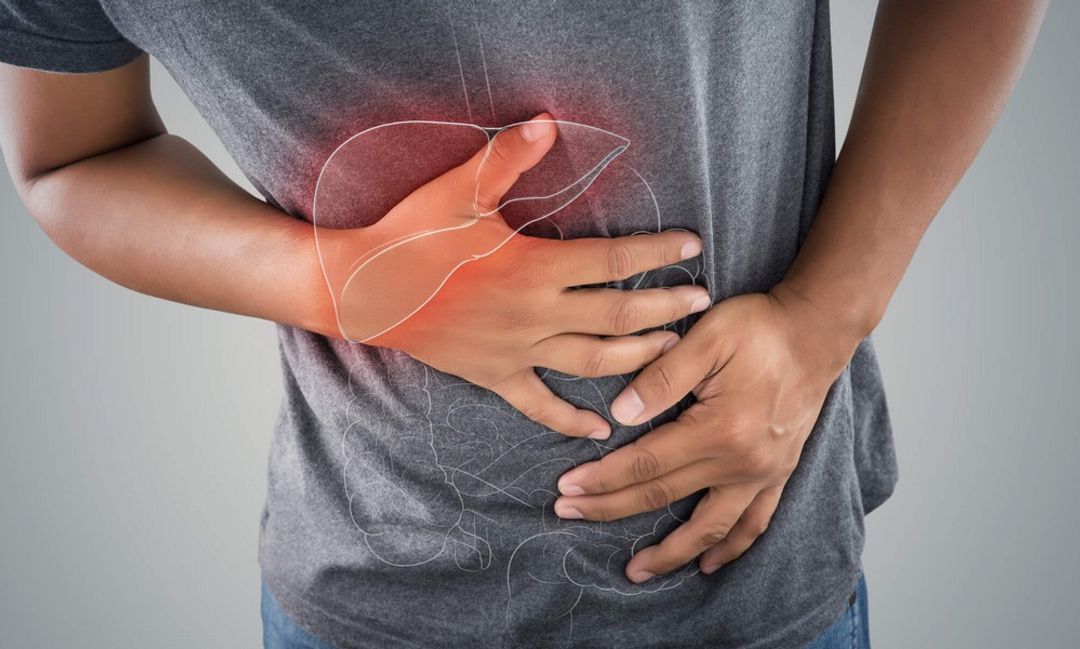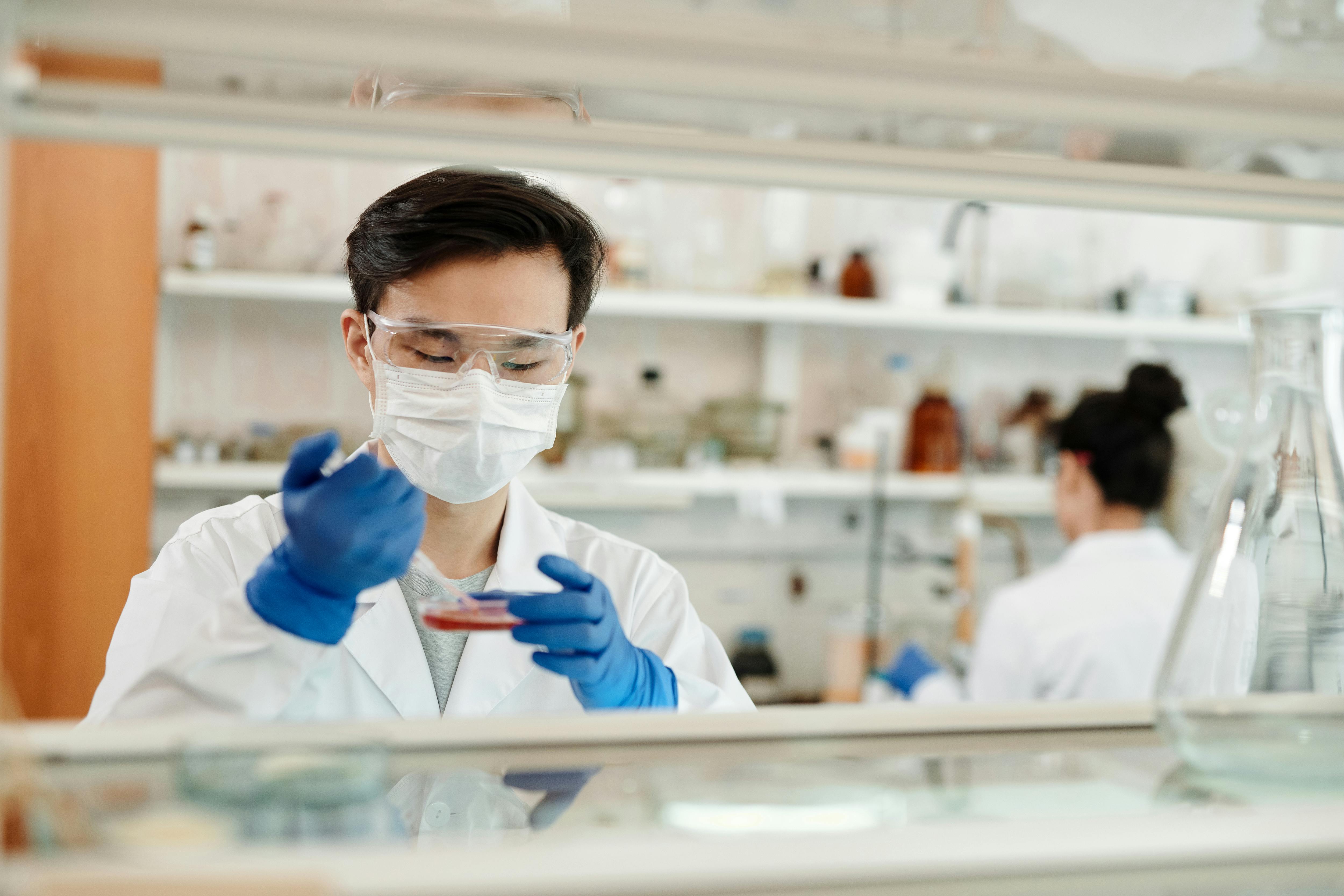Best Ways To Treat Liver Pain And Inflammation
Why is my liver inflamed? What helps with liver pain and inflammation? Click here to discover what to do for liver pain and inflammation.
The liver is the largest solid organ in the body and is responsible for detoxifying the blood, maintaining healthy blood sugar levels, regulating blood clotting and a whole host of other vital bodily functions and processes.
Because one of its primary functions is to help eliminate toxins and waste, the liver can become vulnerable to toxic overload, resulting in liver inflammation (hepatitis). An inflamed liver is considered the first stage of liver disease and occurs when exposure to certain substances such as alcohol, chemicals, drugs, and a high-fat diet is more than the liver can manage.
With hepatitis, the liver can become enlarged beyond its normal size (hepatomegaly), often indicating a more serious health problem. While some types of hepatitis occur due to an acute illness and subside once the condition has resolved, other types can be chronic and life-threatening, causing permanent damage and loss of function.
It is important to understand the signs of an inflamed liver to obtain treatment and prevent it from progressing to more problematic and incurable stages. This article explores the possible causes and symptoms that can occur with inflammation of the liver and remedies to reduce liver inflammation effectively.
What Causes Liver Inflammation?
The liver acts as a filter for all the substances entering the body. There are many reasons why the liver can become inflamed, including lifestyle habits, hereditary disorders and cancer.
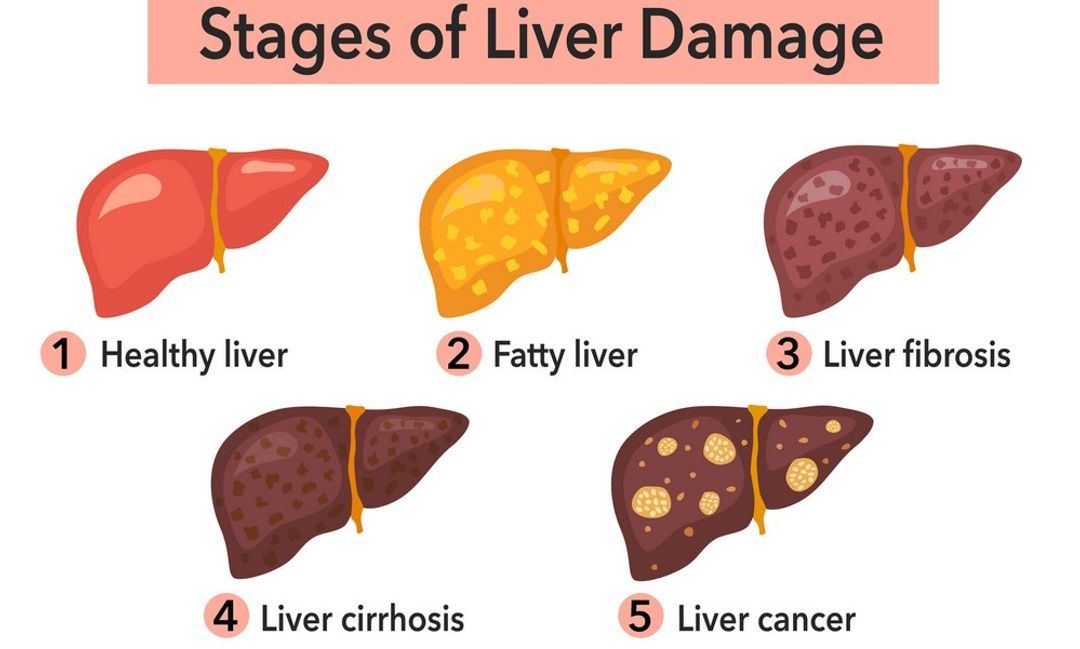 Lifestyle Factors
Lifestyle Factors
-
Excessive alcohol consumption
-
Extended and excessive use of certain medications
-
Exposure to harmful chemicals and pesticides
-
Poor diet
-
Lack of exercise
-
Smoking
-
Certain herbal supplements in high doses
-
Bacterial or parasitic viruses and infections (Hepatitis A, B, C, D, E; sharing needles)
-
Traumatic injury.
Genetic Disorders
-
Congenital hepatic fibrosis (thickening and scarring of the liver tissue)
-
Hereditary amyloidosis (build-up of protein in the liver)
-
Sickle cell disease (build-up of iron in the liver)
-
Hemochromatosis (build-up of iron in the liver)
-
Wilson’s disease (build-up of copper in the liver)
-
Gaucher’s disease (build-up of fat in the liver)
-
Glycogen storage disease (build-up of glycogen in the liver)
-
Niemann-Pick disease (build-up of lipids in the liver).
Underlying Health Conditions
-
Alcoholic or non-alcoholic fatty liver disease
-
Autoimmune hepatitis
-
Chronic cholestasis (obstruction of bile ducts)
-
Non-cancerous tumours (e.g. hemangioma or adenoma)
-
Liver cysts (thin fluid-filled sacs)
-
Liver abscess (collection of pus).
Cancers
-
Liver cancer
-
Leukaemia (cancer of the blood)
-
Lymphoma (cancer of the lymphatic system)
-
Cancer that spreads from other body parts to the liver.
Heart And Blood Vessel Issues
-
Budd-Chiari syndrome (narrowing or blockage of veins)
-
Congestive heart failure
-
Pericarditis (inflammation of the sac that contains the heart)
-
Portal vein hypertension (high blood pressure in the portal vein).
Symptoms Of Liver Inflammation
Hepatitis can often go undetected, particularly in its mildest forms, with many people not experiencing any symptoms, despite the damage that’s occurring internally. However, early diagnosis is essential for the liver to repair and regenerate, avoid irreversible damage and prevent liver failure, cancer or death.
Moreover, liver inflammation can be difficult to diagnose as it can manifest in many forms and because the liver does not have any pain receptors – associated pain is usually referred to other organs. Common sites of inflamed liver pain include the back, shoulders, abdomen, muscles, large joints or discomfort whilst breathing.
Here are other signs and symptoms of liver inflammation to be aware of:
-
Fatigue
-
Nausea
-
Vomiting
-
Diarrhoea
-
Coughing up blood
-
Confusion
-
Swollen abdomen
-
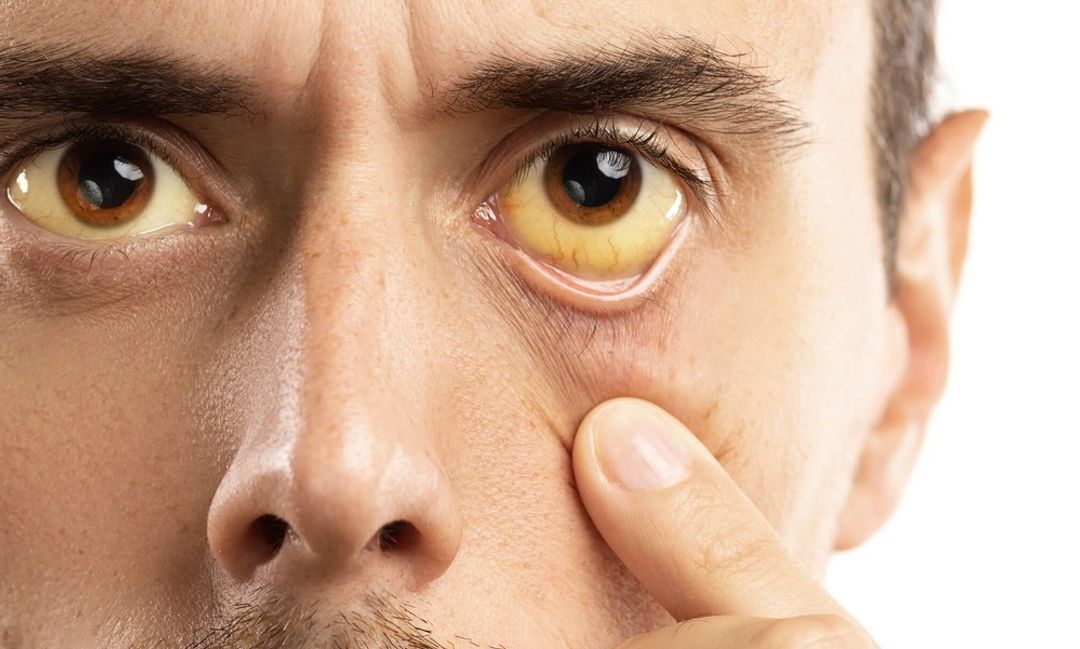 Lack of appetite
Lack of appetite -
Jaundice (yellowing of the eyes and skin)
-
Itchy skin
-
Dark-coloured urine
-
Light-coloured or blood-stained stools
-
Enlarged spleen
-
Feeling full quickly after a meal
-
Weight loss
-
Red patches on the skin
-
Swelling of the legs or ankles
-
General sense of unwellness.
It is important to consult your doctor if you suspect you have hepatitis. Depending on the severity of your symptoms, they can perform a series of tests and procedures to accurately detect the condition. Such protocols include:
-
Visual and physical examinations: Your doctor may feel around your abdomen to determine the size, texture and shape of the liver and look out for swelling or other signs of inflammation. They may also check the skin and eyes for jaundice.
-
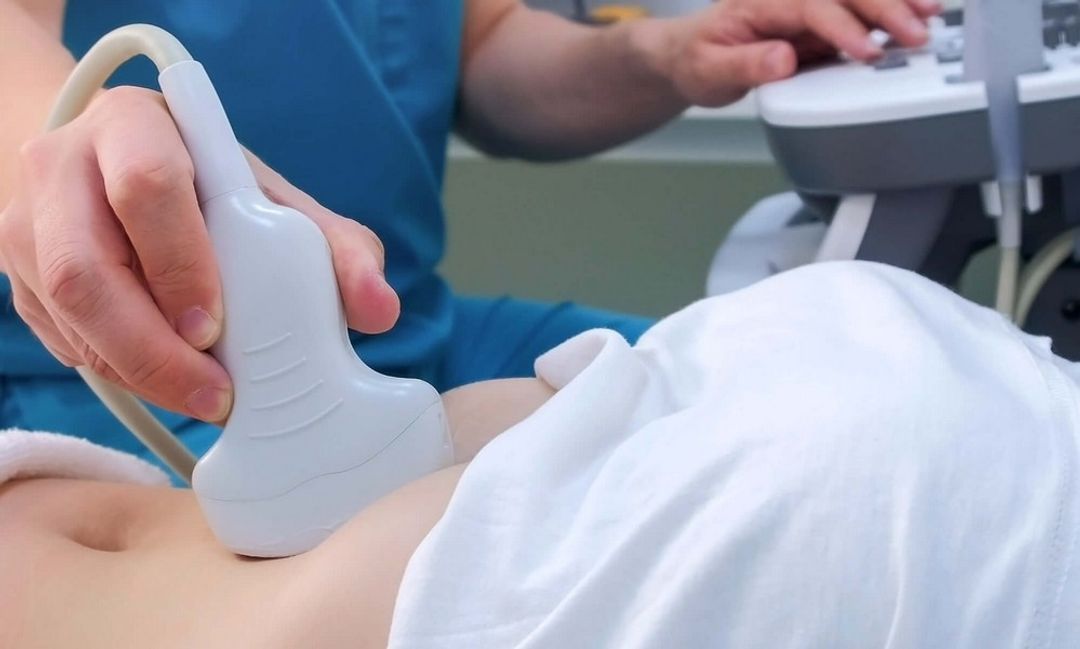 Blood tests: There are many functional blood tests to determine liver health, including checking liver enzyme levels, blood clotting, albumin and bilirubin, as well as indicators of the presence of current or previous viral infections
Blood tests: There are many functional blood tests to determine liver health, including checking liver enzyme levels, blood clotting, albumin and bilirubin, as well as indicators of the presence of current or previous viral infections -
CT, MRI or ultrasound scanning: Such scans allow the doctor to get a clear view of the liver, providing detailed images of the soft tissue and blood vessels to detect any potential issues.
-
Magnetic resonance elastography: This test uses sound waves to create a visual map of the liver to establish the extent of stiffness and swelling.
-
Liver biopsy: This medical procedure involves a small amount of liver tissue being surgically removed for lab analysis to evaluate disease or detect infection and inflammation.
Your doctor can recommend various treatment options based on the underlying cause of your liver inflammation.
Can Liver Pain And Inflammation Go Away?
The liver is remarkably efficient in repairing and regenerating itself; however, its ability to do so can become severely compromised depending on the extent of inflammation.
Hepatitis resulting from acute inflammation, such as an injury or infection, usually resolves once the underlying condition has healed. If, however, chronic inflammation or disease is the root cause, it can potentially be reversed and cured, particularly in its early stages.
In incurable cases, treatment focuses on managing symptoms, slowing the progression of the disease and preventing further damage.
Treatments For Liver Pain And Inflammation
Treatments for liver pain and inflammation vary depending on whether the condition is acute or chronic and the severity of symptoms.

Adopting healthy lifestyle habits can help the liver to heal and eliminate any associated pain. For irreversible liver disease, lifestyle changes can improve the quality of life for the individual and prevent the condition from worsening. Lifestyle factors that can help prevent liver disease in the first place and help manage it at later stages include:
-
Stop drinking alcohol: Prolonged and heavy alcohol consumption reduces the liver’s ability to regenerate, potentially resulting in permanent damage.
-
Maintaining a healthy body weight: The risk of developing non-alcoholic fatty liver disease or it worsening is higher for people who are overweight or obese.
-
Controlling blood pressure, cholesterol, triglycerides and blood sugar levels: Such issues can worsen portal hypertension and fat accumulation in the liver.
-
Getting enough exercise: Regular exercise can reduce the build-up of fat in the liver and prevent non-alcoholic fatty liver disease.
-
Enjoying a varied diet: A balanced whole foods diet consisting of plenty of fibre, protein and unsaturated fats is essential to maintain a healthy weight and reduce the burden on the liver.
-
Eliminating high-fat and processed foods: Such foods can place undue stress on the liver, causing it to work harder to eliminate fat and toxins.
-
Drinking plenty of water: Water helps flush out toxins and waste and is the best way to recharge the liver and optimise function.
-
Suspending or decreasing the use of medications and/or supplements: Drug-induced hepatitis can be caused by large doses of medications, particularly painkillers such as acetaminophen and ibuprofen.
-
Limiting contact with chemicals: Toxic chemicals from foods, cleaning products, tap water and the environment can accumulate in the liver, reducing function and causing damage.
-
Quitting smoking: Smoking is a known risk factor for liver disease, increasing fat build-up and possible progression to more serious stages of liver inflammation.
-
Adopting good posture: Consistently poor posture directly affects liver function by interfering with nerves that connect to the liver and its arteries, in extreme cases, leading to liver cell death (necrosis).
In more extreme cases of liver disease, doctors may prescribe one or a combination of the following treatments:
-
Targeted medications: Certain targeted therapy drugs, such as steroids and opioids, can help reduce liver inflammation, fight infection and slow disease progression.
-
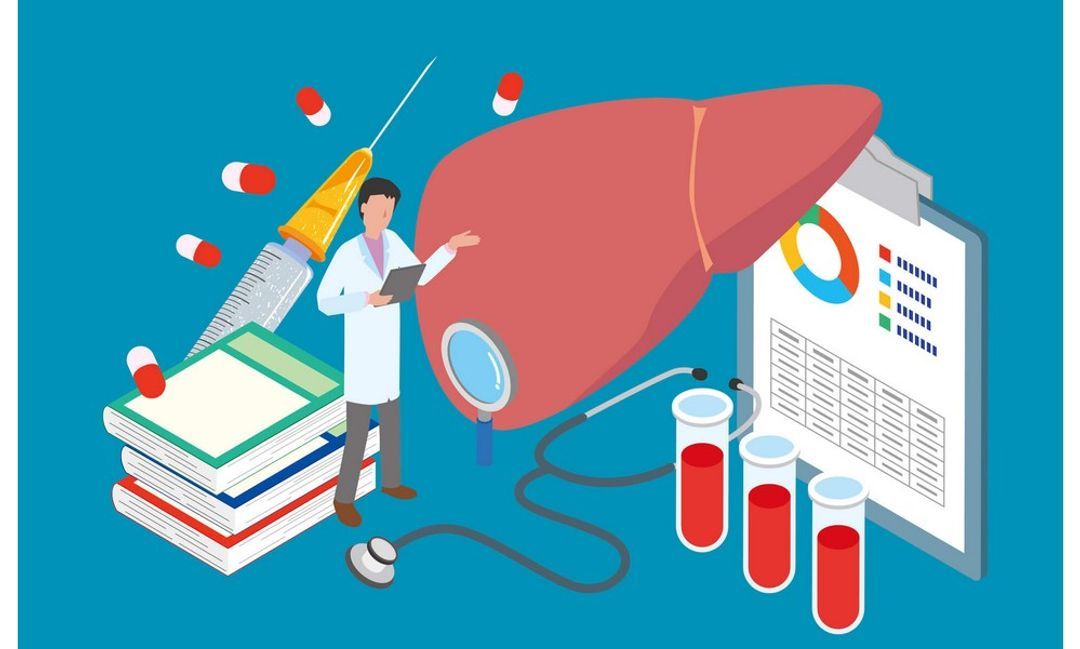 Vaccinations: Inoculations can protect against various strains of the hepatitis virus.
Vaccinations: Inoculations can protect against various strains of the hepatitis virus. -
Liver dialysis: This procedure purifies the blood and filters toxic liver-specific particles that can accumulate in the body to ease the burden on the liver.
-
Radiation therapy or chemotherapy: This procedure may be performed on people with liver cancer who can’t be treated with surgery and have not responded to other forms of targeted therapy.
-
Liver transplant: This is a surgical procedure performed on those with extreme cases of liver disease and involves removing the injured liver and replacing it with a healthy liver from a compatible organ donor.
Take Control Of Your Health With GlycanAge
Liver inflammation, pain and disease indicate an underlying health condition, and while not all cases may be an emergency, it is important to seek medical attention if you experience any of the symptoms highlighted in this article. Your doctor can identify the root cause of the inflammation and recommend suitable treatment options.
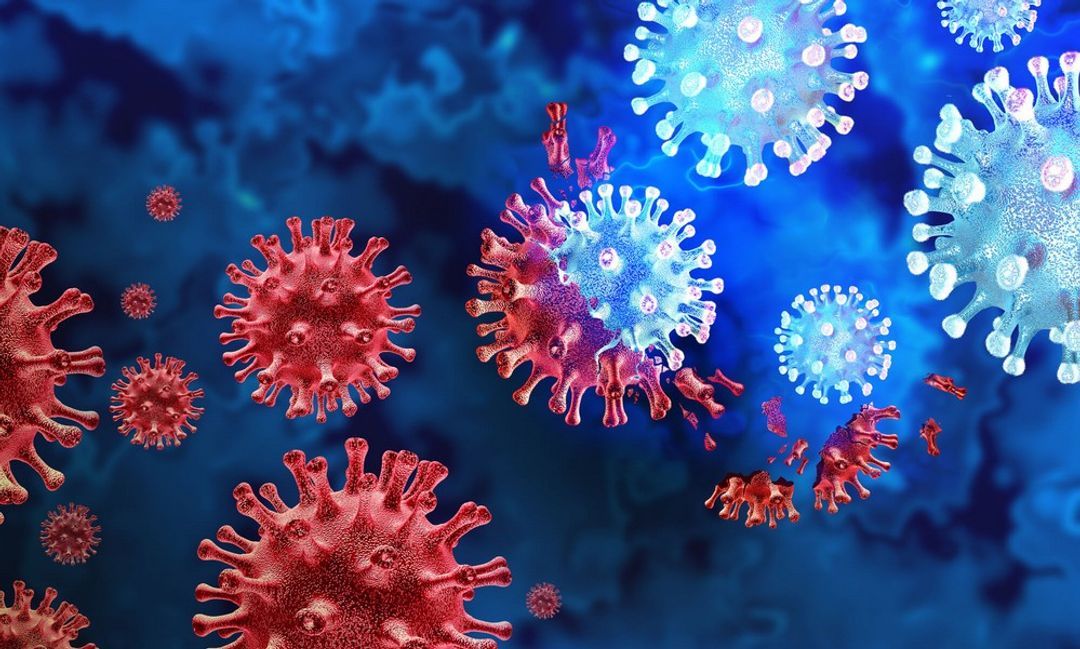 Chronic inflammation results from an overactive immune system that mistakenly attacks healthy cells and tissues within the body, causing injury, reducing the body’s ability to self-repair and regenerate in the long term, and increasing the risk for age-related chronic disease.
Chronic inflammation results from an overactive immune system that mistakenly attacks healthy cells and tissues within the body, causing injury, reducing the body’s ability to self-repair and regenerate in the long term, and increasing the risk for age-related chronic disease.
A GlycanAge biological age test assesses the state of the immune system to determine the extent of inflammation within the body and accurately identifies biological age (the age of the cells and tissues within the body).
Knowing your biological age can empower you to make the necessary lifestyle changes to effectively reduce your risk of chronic disease, increase your health span and delay ageing.
All it takes is a finger-prick blood test in the convenience of your home to learn your biological age. Results are available in as little as three weeks of mailing your sample to our lab.
Various packages and price plans are available depending on your budget and health goals. Every test you purchase comes with a complimentary 1-1 session with a scientist and/or healthcare professional to help you understand your result and receive tailored advice on how to increase your health span and delay the ageing process.
Invest in your health and order your GlycanAge home test kit today.
